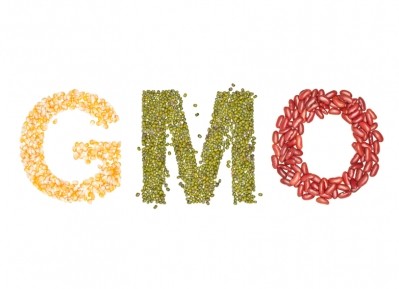Commission proposal on GM import authorization process irks feed and farm lobby

A draft amendment to Regulation 1829/2003 is due to be published by the Commission next week – 15 April – in relation to the approval process for GM imports. It is said to mirror the recent revisions around GM cultivation where individual states can now apply national bans on GM crops that have been authorized elsewhere in the EU.
Such an approach will need the support of MEPs to be introduced.
Potential feed price hike
Pekka Pesonen, secretary-general of the EU farming lobby, Copa-Cogeca, has slated the proposal and told us it, along with trade associations representing a wide range of sectors from cereals to livestock to vegetable oils and protein meal, will be pressing hard to ensure it is rejected.
“If the draft proposal goes through, the single market will be dismantled because member states can prohibit food products from one country produced with a specific genetically modified organism that is banned in another.
The situation is particularly worrying for the feed sector. This new approach will increase the cost of feed supplies in the EU and put EU livestock producers at an economic disadvantage,” he added.
EU feed manufacturers’ federation, FEFAC, said any such amendment would cause severe distortions of competition for all EU agri-food chain partners.
In an interview with FeedNavigator last month, FEFAC president Ruud Tijssens allowing member states greater control in the decision making around future GM crop import approvals, whereby they could individually block or authorize certain traits, would be highly dangerous.
“It would see EU business operators bearing massive extra costs. There are only a few ports in Europe for receiving agricultural commodity shipments and as these, in the main, arrive in bulk the costs involved in segregating crops as per individual member state import requirements would be prohibitive.
Feed companies that operate across borders or small feed firms located near frontiers, doing business in several markets, would be severely challenged in such a scenario, particularly as they have been focused on optimizing production through ensuring more streamlined manufacture and logistics.”
End to stalemate on existing GM trait approvals
Meanwhile, the Commission is also said to be due to break the 18 month deadlock on existing GM crop import approvals and endorse 13 biotech traits at a meeting this month.
The feed and farm lobby had long argued this ‘de facto’ moratorium on GM crop import approvals has been putting at risk entire shipments of agriculture commodities targeted at the EU market.
Applications for the five soybean varieties, the three GM maize, the two oilseed rape and the three biotech cotton traits, which had gone through the EFSA scientific assessment and EU risk management process, are now expected to be sanctioned in one batch in the coming days.












